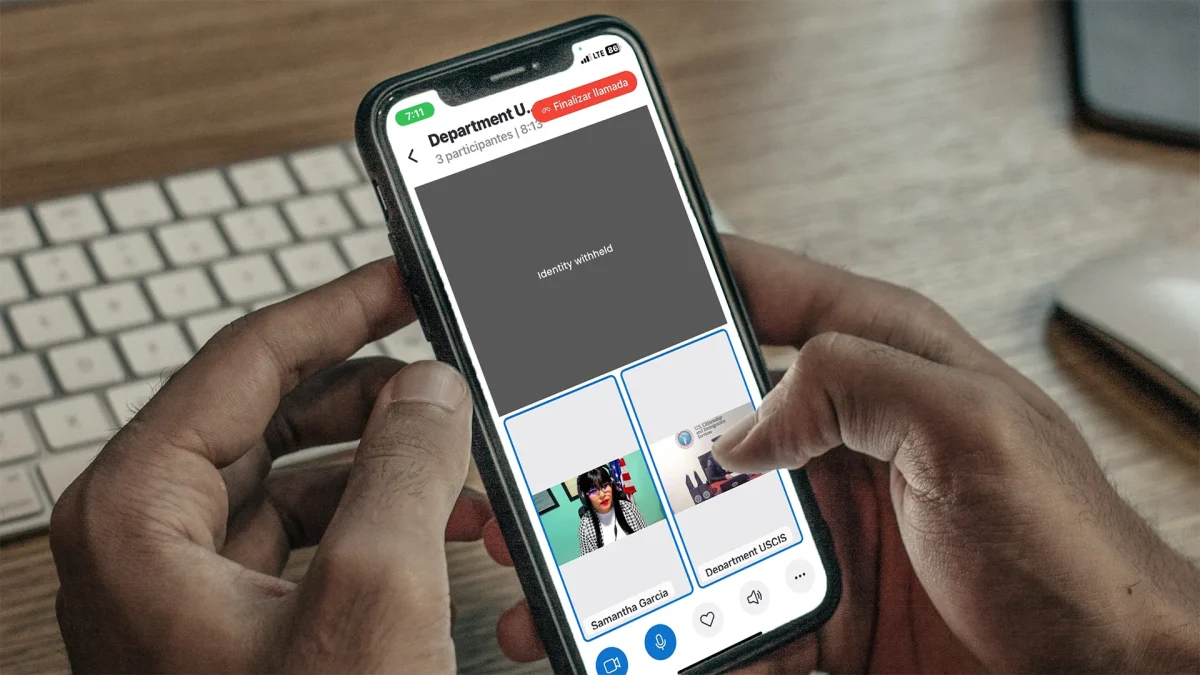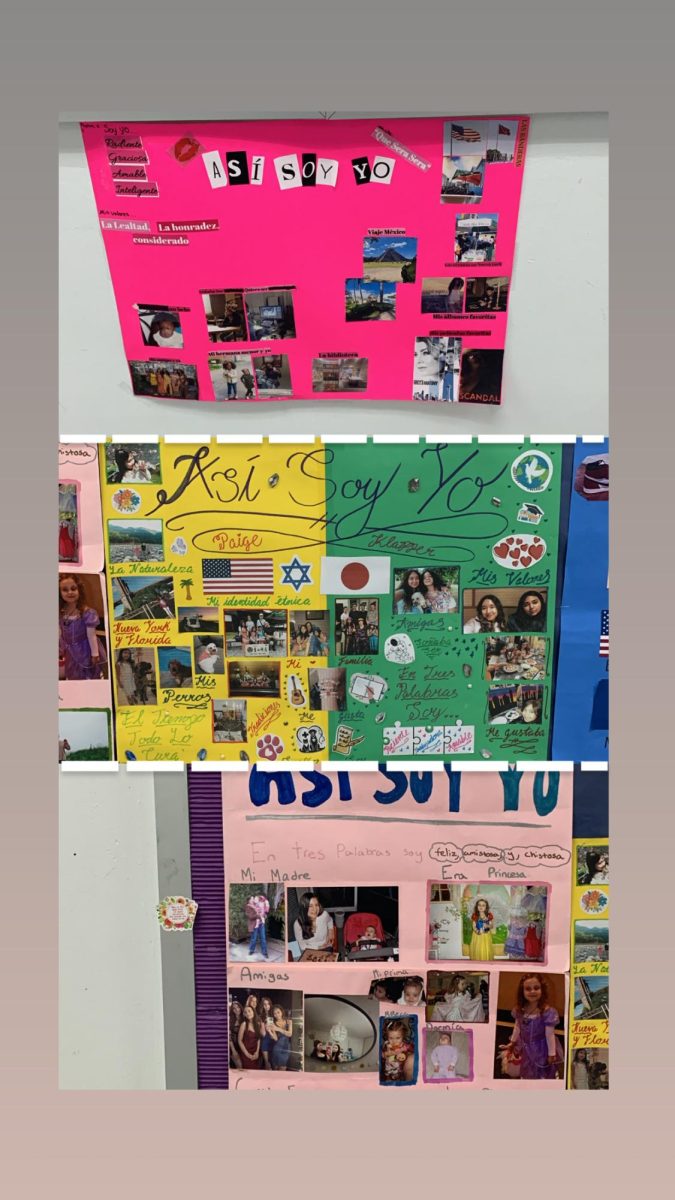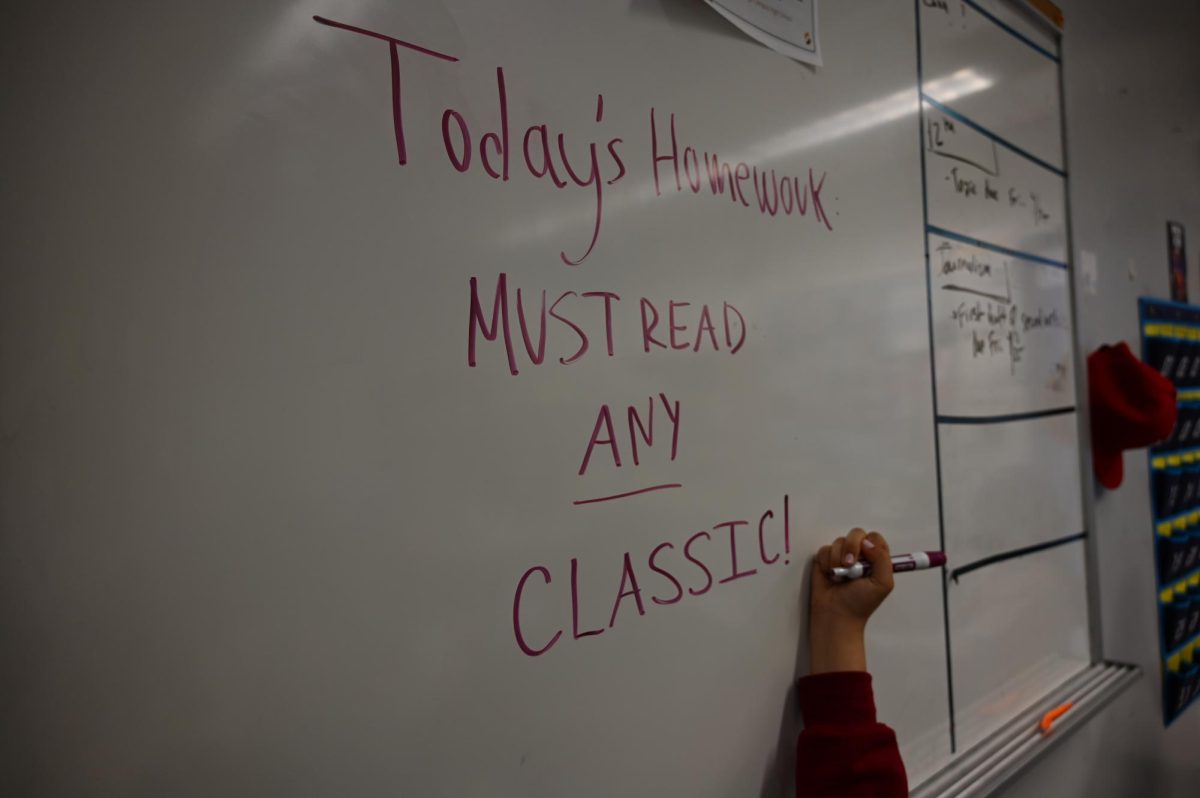Can AI Write Better Than The Best Students?
January 4, 2023
Every student fantasizes about not having to write an essay; an essay that takes hours and hours of research. You don’t want to do the work, but you still want that 100%. If only there were a way you could make both your teacher and your video game, specifically valorant, buddies happy.
Chat GPT is a form of AI where one submits a prompt and receives whatever they ask for. This can include advice, a short story, or even an essay. While these Chat GPT-written essays may be convenient, they may result in a poor grade. It’s time we find out whether they can get you a good grade or if you are better off shutting up and doing the work yourself.
The 11th-grade A.P. English Language class recently wrote rhetorical essays based on Michael Sandel’s book “Justice.” I asked an 11th grader who received an A plus on her paper and removed her name from the document and all other signs that would indicate a human wrote it. Next, I asked Chat GPT to write an essay like hers, printed them both out, and showed them to Baruch’s A.P. Language Teacher, John Downes-Angus.
According to John Downes-Angus, the 11th-grade student’s essay received the same grade as before. The big reveal came next when he said the AI-written essay would have received a B plus. What was interesting was his specific explanation for the AI’s grade.
He said the AI had an amazing claim which was supported by stellar reasoning but failed to supply any evidence to back them up. This suggests that while the AI may have correct and well-thought-out answers, the technology can also not yet form full-length essays: there was a two page difference between the AI essay and the student essay.
Despite us now knowing that AI isn’t yet able to do everything for us, students at Baruch still use this software.
A.P. United States History teacher John Jacobs Jr. said he uses Chat GPT to answer all of the questions he assigns for homework and then compares them to the student responses to check for any “lost souls” that might be cheating on the assignment. This is representative of the larger issue here at play amongst both Baruch Faculty and Students– a fear of work that is supposed to be done by students will soon all be able to be done by a computer. While little facts such as dates and translations can be found by Chat GPT it is nothing that a quick google couldn’t have done.
But the fears of Chat GPT are not limited to the classroom, there is a fear among some people that chatbots and language models like GPT will eventually replace journalists and other human writers. This fear is often based on the idea that chatbots and language models can generate written content that is indistinguishable from content written by humans. This concern is compounded by the fact that chatbots and language models can potentially produce written content much faster than humans, which could lead to job loss in the journalism industry. However, it’s important to note that chatbots and language models are not yet capable of replacing the creativity, critical thinking, and decision-making skills of human journalists. While chatbots and language models may be able to assist journalists in certain tasks, they are not a replacement for the human element in journalism. Even so, it is important that as we move forward with Artificial Intelligence that we differentiate art and writing from humans and AI, as you never know, maybe a piece of art you love, the script from your favorite tv show, or even a portion of this article was created by AI.












